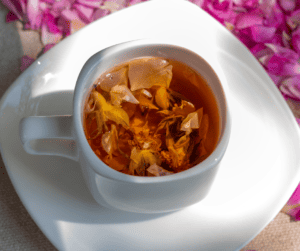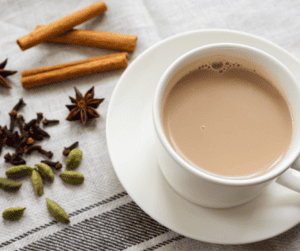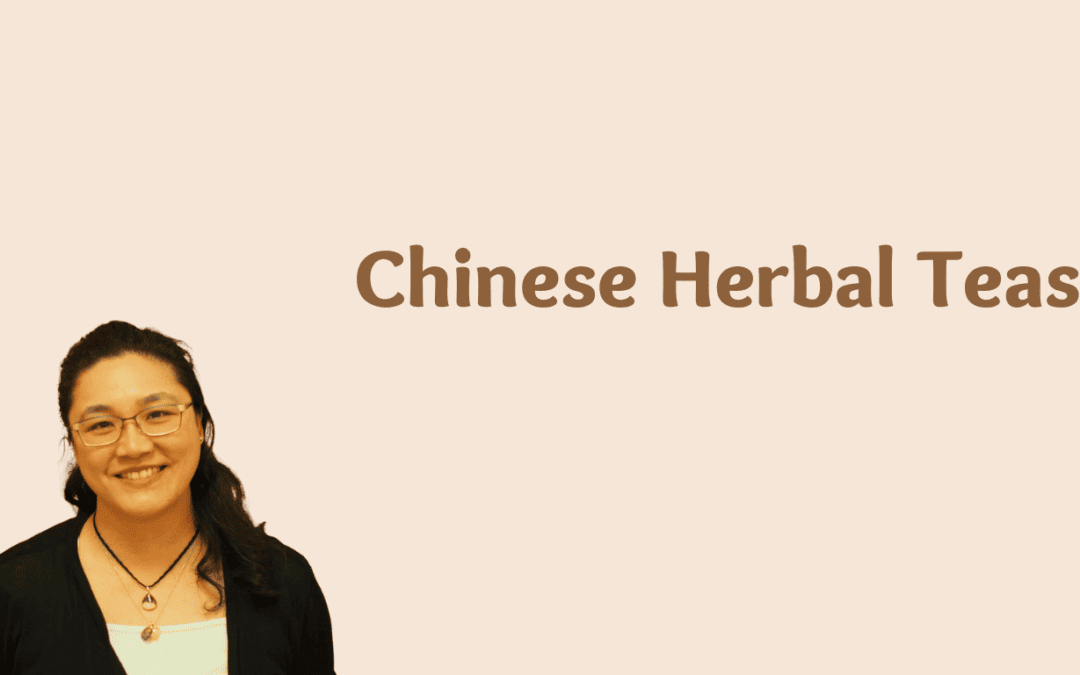Herbal teas have been the focus of Chinese medicine for centuries with emphasis on the importance of holistic wellness, focusing on the balance between mind, body, and spirit. One of the key elements in this ancient healing system is the use of herbal teas, each possessing unique properties that promote health and well-being. In this blog post, we delve into the world of Chinese herbal teas with a focus on four remarkable ingredients: rose, goji berry, cardamom and tangerine peel.
Rose Tea
For thousands of years, the rose has been celebrated for its beauty and symbolism, but it’s not just its aesthetic appeal that makes it so special. Beyond its captivating aroma and charming appearance, rose tea boasts health benefits that make it a truly enchanting addition to your daily routine. Known as Mei Gui Hua 玫瑰花 , it is a herb that is known to promote the movement of Liver Qi and relieve stagnation which can be presented as a bloating, loss of appetite, stifling sensation in the chest, distention in the subcostals and epigastrium, burping etc – common symptoms when we are under stress! Hence, I often suggest patients under high stress try it as a self-care tea at home.
To brew rose tea, simply infuse dried rose petals in hot water for about 5-10 minutes. The delicate aroma and calming effects make it a perfect addition to your daily wellness routine.
Goji Berry Tea
Goji berry has gained popularity as a health food in recent years. In actuality, it has been used in Chinese herbal medicine for thousands of years! Known as Gou Qi Zi 枸杞子, it is used to nourish Liver and Kidney Yin and Blood. In doing so, it benefits the eyes which is the organ of the Liver. This may help reduce symptoms such as blurred vision or reduced visual acuity. To make a tea, you can steep a small amount of Goji berry in hot water for around 5 minutes. The resulting ruby-red infusion embodies the essence of nourishment and vitality.
Tangerine Peel Tea
Chen Pi 陳皮, is aged tangerine peel. It is quite common to find it added in some dishes both for flavour and its benefits – aiding digestive function. This is achieved through its ability to promote movement of Qi and direct downwards, and also helps with turbidity from Dampness and Phlegm. When Qi movement in the Middle Jiao is compromised, we may experience symptoms such as abdominal distention, bloating, belching, hiccups, even nausea and vomiting. During festive periods, when we have the tendency to over-indulge, this plus other herbs steeped as a tea may help reduce the symptoms of indigestion by improving Qi movement. Chen Pi can be found in Asian grocer stores, or you can try substituting with (preferably dried) mandarin peels. To prepare tangerine peel tea, gently simmer a few pieces of dried tangerine peel in water for 10-15 minutes. The resulting aromatic brew offers a delightful way to support digestive wellness.
Cardamom – Chai Tea
Cardamom is commonly used in various culinary dishes, desserts, and beverages, and it can be enjoyed as a spice in both sweet and savoury recipes. It is also used in Chinese herbal medicine, and is known as Bai Dou Kou 白豆蔻. In Chinese medicine, it is used to awaken the Spleen (an important digestive organ in Chinese medicine) and promote movement of Qi, warms the Middle Jiao, and transforms Dampness and disperses turbidity. In doing so, may help with symptoms such as fullness in the epigastrium, reduced appetite, diarrhoea, reflux, vomiting etc especially if these symptoms arise due to Coldness in the Middle. Cardamom can be enjoyed in a beautifully warming chai tea. Brewed with a black tea base, common spices used are cinnamo n, ginger, cardamom, pepper, and clove. Other spices can be added, such as nutmeg, star anise, all spice, and fennel. It is often served with a small amount of sweetener such as sugar or honey. Next time you add cardamom to your recipe, it might be there for more than just its taste!
n, ginger, cardamom, pepper, and clove. Other spices can be added, such as nutmeg, star anise, all spice, and fennel. It is often served with a small amount of sweetener such as sugar or honey. Next time you add cardamom to your recipe, it might be there for more than just its taste!
Chinese medicine offers a wealth of knowledge when it comes to herbal teas and their therapeutic benefits. Rose tea, goji berry tea, cardamom and tangerine peel tea each offer a unique perspective on promoting balance and well-being. Incorporating these teas into your routine not only provides a delicious and aromatic experience but also aligns with the principles of Chinese medicine, aiming to harmonize your body, mind, and spirit.

